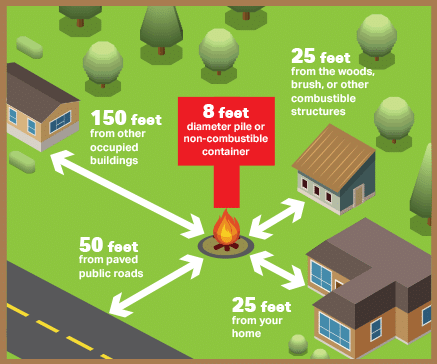
7. Store flammable materials properly:
Store flammable liquids, such as gasoline, paint thinners, and cleaning agents, in well-ventilated areas away from ignition sources. Follow manufacturer instructions for proper storage.8. Regularly maintain heating systems:
Have heating systems, including furnaces, chimneys, and space heaters, inspected and cleaned annually by a professional. Keep flammable materials away from heating equipment.10. Keep an organized and clean environment:
Maintain a clutter-free environment in both residential and commercial spaces. Dispose of rubbish and debris properly to minimize fire hazards and allow for easy evacuation.